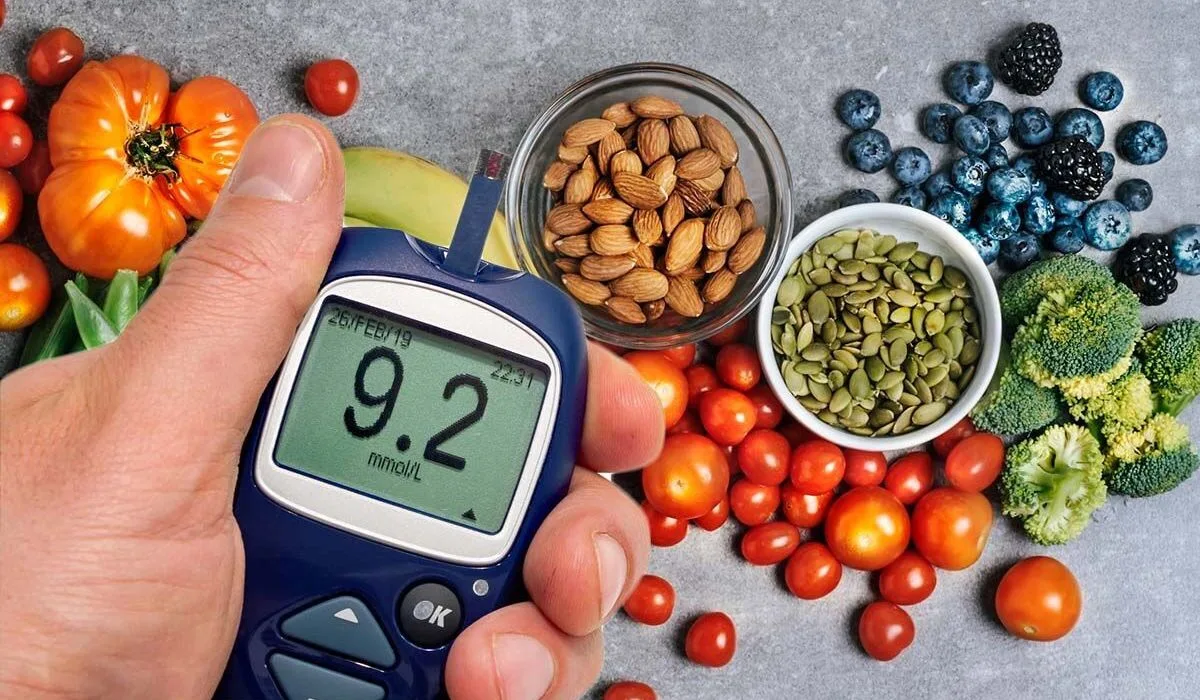Keeping blood sugar levels within a healthy range is important for people with diabetes. High blood glucose, also called hyperglycemia, can cause both short-term and long-term complications if left untreated. Thankfully, there are steps you can take to lower elevated blood sugar when necessary.
This article covers different methods to reduce high blood glucose quickly and safely, warning signs to watch for, health impacts of hyperglycemia, and lifestyle tips for better diabetes management.
Best Ways To Lower Blood Sugar Quickly
If your blood sugar is higher than target, here are some fast-acting strategies to lower it:

? Take insulin – If prescribed insulin, inject a correction dose to bring blood glucose down. This will work within 2-4 hours.
? Exercise – Going for a brisk walk, jogging, swimming or other cardio activity can lower blood sugar. Exercise works faster than insulin.
? Drink water – Staying hydrated helps flush out excess blood glucose. Aim for 8-12 glasses of non-sugary fluids daily.
? Take diabetes medication – Oral medications like metformin will start to work in 1-2 hours. Sulfonylureas like glipizide work even faster, in 30-60 minutes.
? Eat protein and healthy fats – Protein and fats blunt the spike of high carbs. Have nuts, eggs, yogurt, or other protein-focused foods.
? Avoid carbs – Don’t eat starchy or sugary foods when blood sugar is high, as they will raise it further.
When To Contact a Doctor?
Consult your doctor promptly if:
Blood sugar stays above 300 mg/dL for more than 2 checks in a row
♦️You experience symptoms like blurred vision, nausea, shortness of breath or confusion
♦️You have moderate or large ketones present on a urine test
♦️You are ill and having trouble controlling blood glucose
♦️You have risk factors for diabetic ketoacidosis
Don’t hesitate to call for medical advice when facing persistently high blood sugar levels or worrying symptoms.
Complications Of High Blood Sugar
Hyperglycemia causes issues both in the short term and over time. Acute complications include:
- Dehydration and electrolyte imbalances
- Altered mental status and confusion
- Nausea, vomiting, and abdominal pain
- Risk of diabetic ketoacidosis (DKA), a medical emergency
- Over the long run, prolonged high blood sugar can result in:
- – Damage to blood vessels and nerves
- – Eye disease like retinopathy
- – Kidney problems leading to failure
- – Poor wound healing
- – Heart attack and stroke
- – Foot ulcers and infections
Keeping tight control of blood glucose levels helps prevent these negative effects on health.
Read More: Blood Sugar-Controlling Diet Plans: A Comprehensive Guide
Tips For Healthful Living With Diabetes
In addition to treating isolated incidents of high blood sugar, adopting healthy lifelong habits provides the best chance of avoiding hyperglycemia. Helpful tips include:
Monitoring glucose regularly
Following the recommended exercise and nutrition plan
Learning how different foods impact your blood sugar
Staying hydrated and limiting alcohol intake
Taking all medications and insulin as prescribed
Seeing your doctor for routine diabetes screenings
Managing stress through relaxation techniques
Getting enough quality sleep every night
Conclusion
Elevated blood glucose can happen sometimes even with diligent management. Quickly employing measures like taking insulin, staying hydrated, and avoiding carbs can help lower sugar when it creeps up.
Keep your healthcare providers informed if hyperglycemia persists or you experience any warning signs. With smart lifestyle choices and proper medication use, people with diabetes can keep their blood sugar normal and avoid risky complications.
Frequently Asked Questions
Symptoms of high blood sugar include increased thirst and urination, fatigue, blurry vision, dry mouth, and fruity-smelling breath. Check glucose levels if you notice these.
Yes, protein and fats like nuts, eggs, yogurt, and avocado can blunt blood sugar spikes. Avoid carbs when glucose is already elevated.
Yes, exercise can rapidly lower high blood glucose as long as ketone levels are not moderate or high. Check for ketones and stay hydrated when exercising.
Yes, some diabetes pills like glipizide and insulin injections will begin to decrease blood glucose within 30 minutes to 2 hours.
Blood sugar consistently over 300 mg/dL, especially with ketones present, can signal diabetic ketoacidosis. Seek medical care immediately in that situation.

